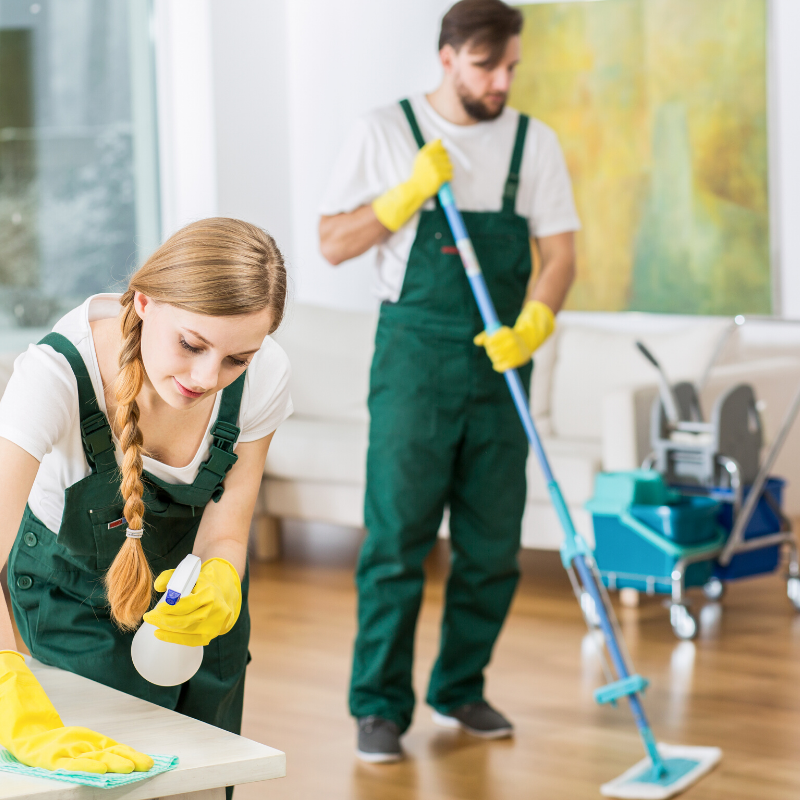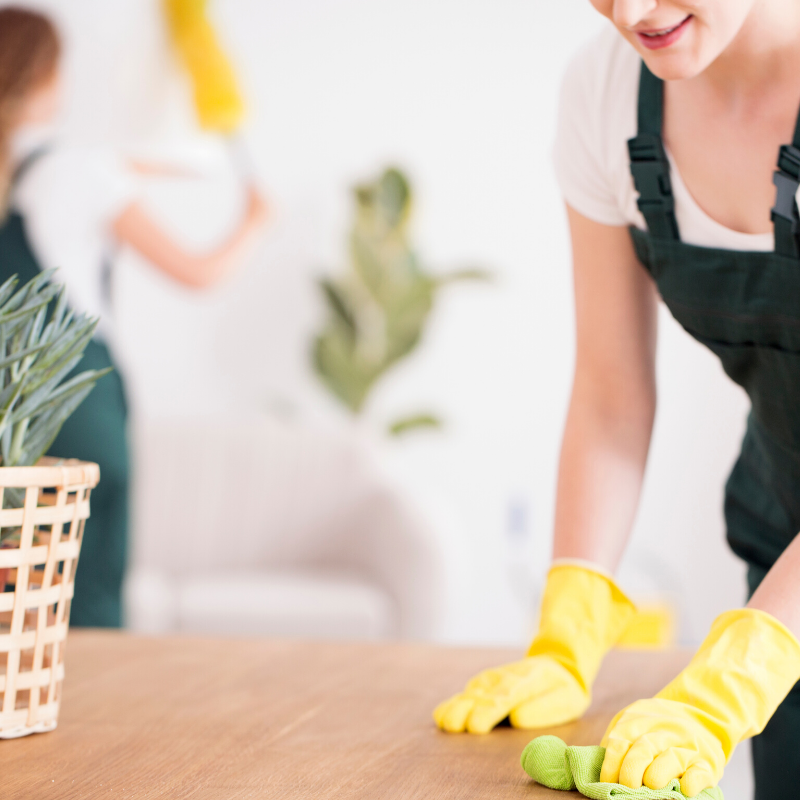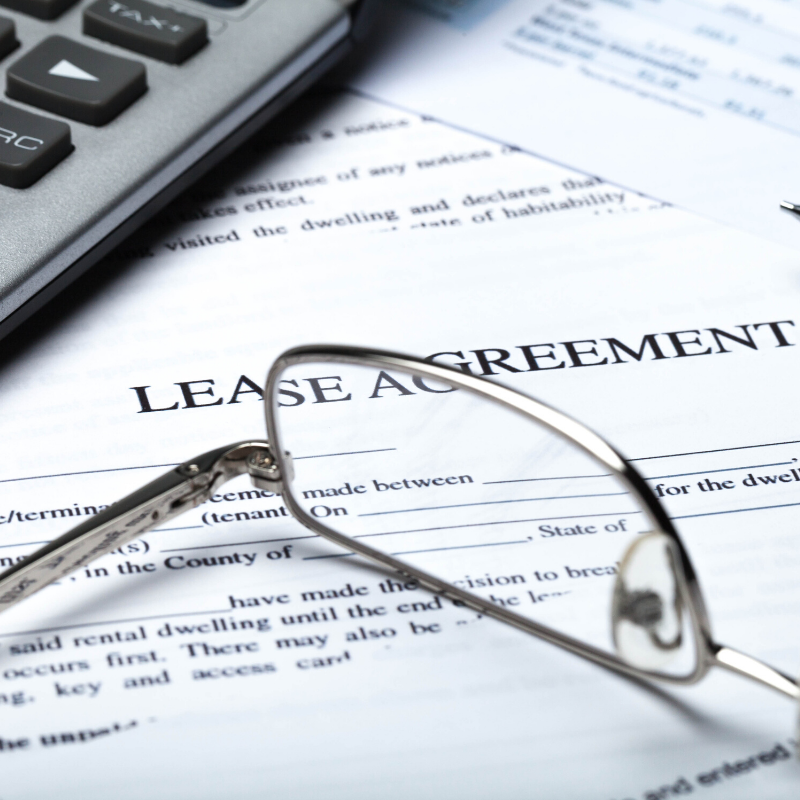Spring is looming around the corner and, whilst we’re all loving that January has – finally! – come to an end, Spring also means the feeling of needing some spring cleaning joy.
So, with that in mind, it’s time to talk spring-cleaning!
Cleaning might not be the top of everyone’s list of favourite pastimes but every once in a while having a professional cleaner scrub your home from top to bottom, could save you money in the long run. We’ll take you through why…

A professional clean makes your appliances last longer.
When you look after your oven, it looks after you. No, seriously it does! Take the oven, for example: Less dirt, grime and grease means less damage to your oven, allowing it to last longer and need replacing less often. In addition, it’s safer in terms of food safety and will ensure that it is more efficient as well as less likely to burn excess residue. Excess residue can also be extremely harmful as well as carcinogenic.
A professional clean can help keep your home allergy free
Getting a professional clean for your curtains, carpets, upholstery, bedding and floorings means less dust, less allergens and less allergy-related health issues.
You can reduce your anxiety, reduce arguments and keep a happy house with a professional clean once a week
Not just for a one off, a professional clean once a week can make your life easier by reducing arguments in the house and reducing anxiety. Our brains love order, so a messy and unclean house can trigger our stress responses. A professional clean, once a week, can reduce anxiety, reduce worry and reduce the stress hormones floating around our bodies. That's a lot more happiness for only approximately £20 - £25 a week

Getting professional cleaners can feel like an unnecessary expense but, in the long run, with a reduced carbon footprint, reduced need to replace appliances, reduced anxiety – you might save money, and you'll feel fabulous too!




 Other mitigating factors might include:
Other mitigating factors might include:

 Getting professional cleaners can feel like an unnecessary expense but, in the long run, with a reduced carbon footprint, reduced need to replace appliances, reduced anxiety – you might save money, and you'll feel fabulous too!
Getting professional cleaners can feel like an unnecessary expense but, in the long run, with a reduced carbon footprint, reduced need to replace appliances, reduced anxiety – you might save money, and you'll feel fabulous too!

